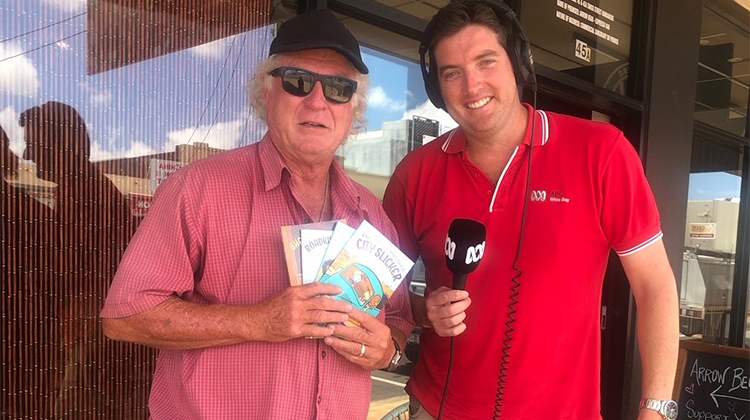Reading Revelations

I have been a children’s author for all my career. I get asked lots of questions about what I do when I visit a school but there is one that is asked every time …
“What can we do to get students interested in reading?”
Some may consider it a straight-forward question; my concern however, is that it makes an assumption that students aren’t interested in reading.
Even when attempting to answer the question for the groups of students whose reading skills are particularly limited, I find that a range of stereotypes and all manner of conflicting generalisations get in the way.
My response to the question “what can we do to get students interested in reading?” is to ask a question straight back. “Are we talking about students who can read – but won’t, or are we talking about students who because they struggle to read are considered reluctant readers?”
At this point I need to stress that I don’t actually consider the term ‘reluctant’ to be appropriate. Some students may struggle to read at the level of their peers, however the word ‘reluctant’ infers that there is a choice. In my experience as a teacher and author children don’t choose not to read. The term reluctant also results in children being ‘labelled’ and having heard trusted adults describe them as reluctant, to my horror I have heard children using the term to describe themselves.
I am also keen to point out that it is really important to acknowledge that there are many students with sound reading skills, who simply refuse to read what their parents and teachers want them to read. They will only read what interests them – surprise surprise! Sadly, many of these students are also labelled in a negative way.
My work with children has evidenced for me over and over again, that it’s the type of book that is presented to the students that will most often dictate the student’s response. When the response is rejection, be it by the student with sound reading skills, or the student who is struggling to read at the level of his peers – the negative stereotypes and labels emerge impeding the progress we all desire.
Students – irrespective of their reading ability – enjoy pictures, comics, movies and books that place action and happenings ahead of emotion. Students – irrespective of their reading ability – enjoy situations where ‘what the characters do’ is initially more important than ‘what the characters think and feel’.
Mindful of this, I have always believed it essential to introduce students to books that present an environment where it is possible for their imaginations to run wild. More specifically, an environment where they can project themselves into the book, and consider themselves to be the main character!
It’s also my experience that students love books that reflect an image that matches the image that they want to project to others, and in many cases the image they really to have of themselves. They seek to identify themselves in the book, living the adventure. Hence the book that then allows them via imagination to be what they would like to be, and to do what they would like to do, is the book that they’ll choose to read, or try to read; sometimes over and over again, which is just fine!
This explains in part the popularity of books with characters engaged in many different physical activities. These books attract many students.
Children love to have fun. If reading is what we require them to do, and we do, then the book in question needs to be just as much fun as whatever else it is that they do that makes them laugh and jump around in an imaginary adventure, or create mischievous mayhem.
Students are constantly told to behave, to be tidier, and to be quieter – none of which they really want to do, and none of which amount to the sort of fun they want to have.
It’s time to change our thinking from reluctant readers to responding readers!
Phil Kettle is a well-known children’s chapter book series author. He visits school across Australia to inspire young readers and writers.